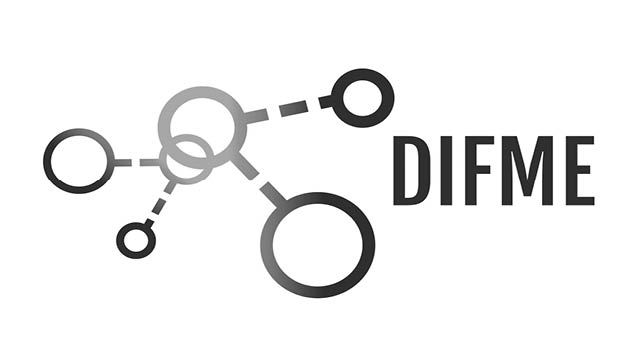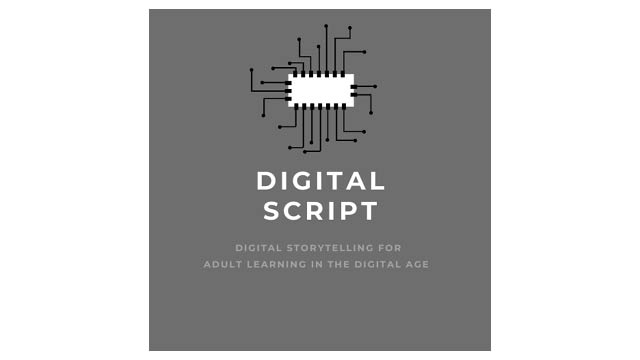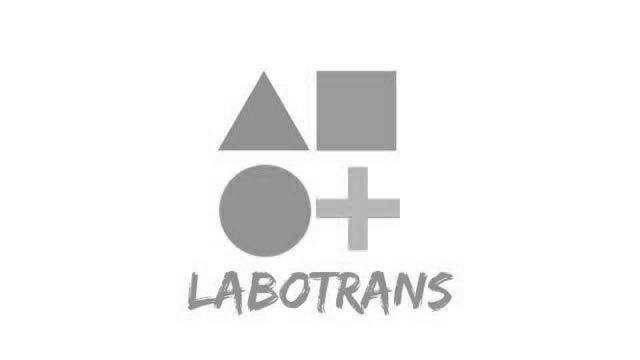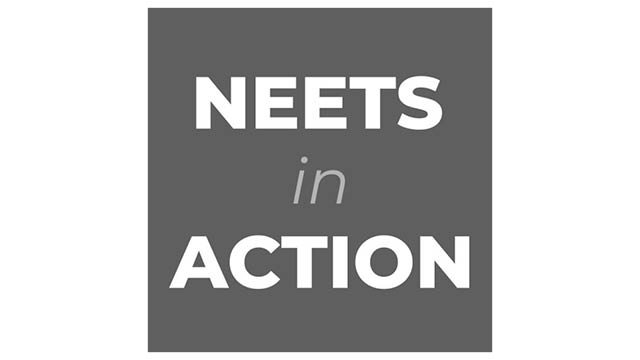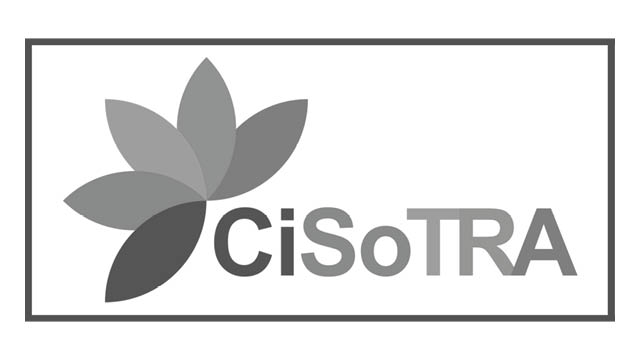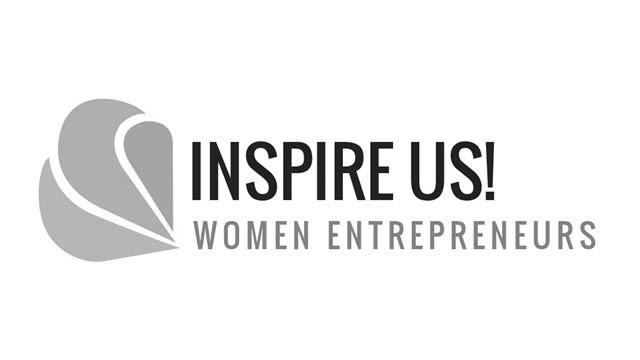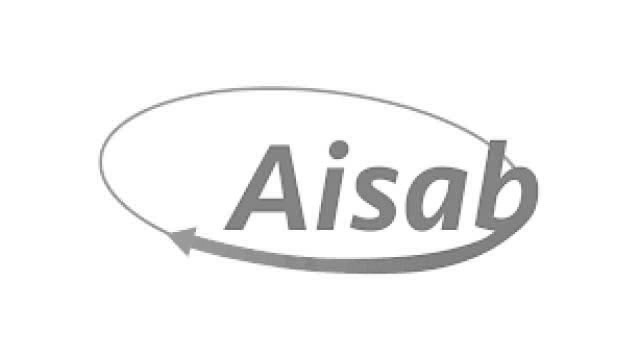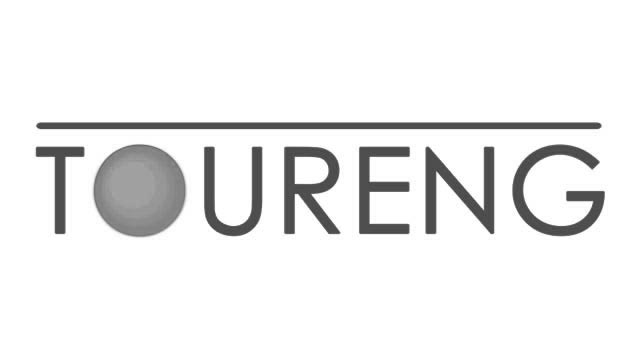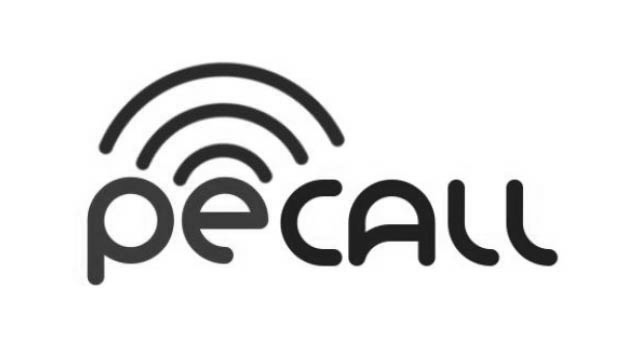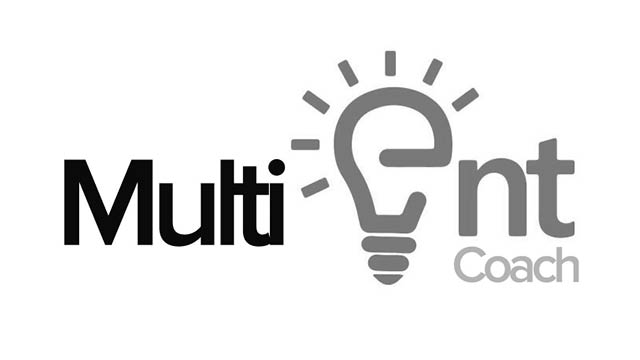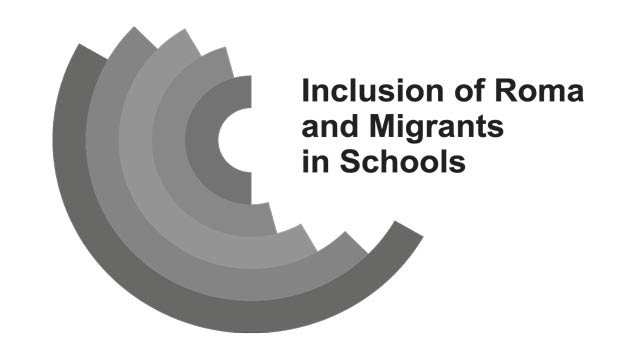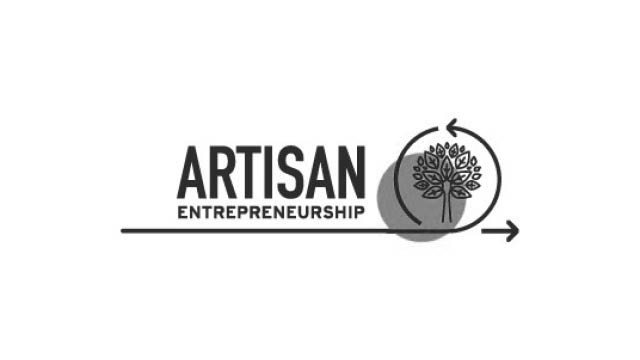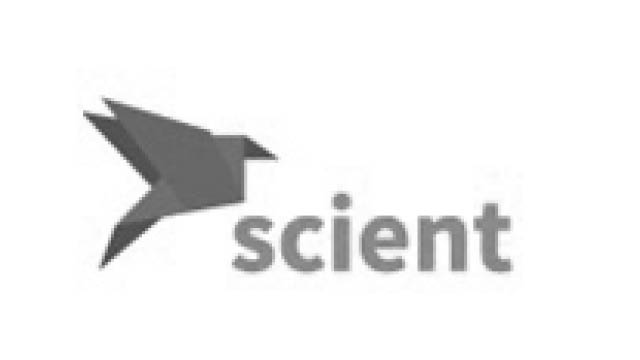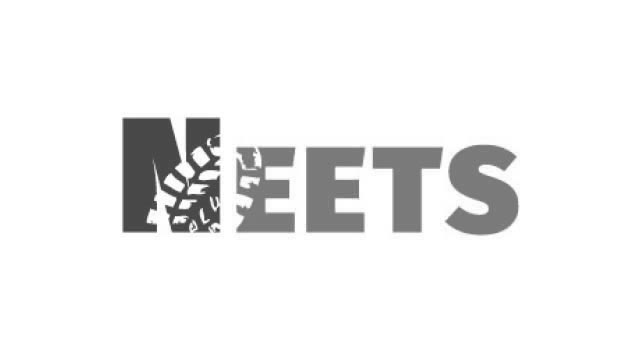Projects
We develop, accompany and evaluate innovative projects. Since 1990, in addition to programme support, accompanying scientific research, quality-assuring process support within the project team and external evaluation studies , we have formulated more than 60 project ideas that are eligible for funding and supported them with action research. Our areas of focus are in the fields of:
Small businesses need solid and actionable knowledge on how to put their organisation on a sound financial footing. At the same time, micro-enterprises can only be sustainably successful if they also operate internationally. For this, it is necessary to develop digital communication and marketing strategies. The project develops a concept and materials that shape the cooperation between universities, SMEs and supporting organisations.
Our world is permeated by digital media. Technical instructions are not very attractive for most users. Digital storytelling is an alternative to communicate the way we use everyday digital media and to present them as "everyday heroes." The project develops handouts for educational service providers and product developers to use digital storytelling methods for effective communication with users.
We have developed an innovative online methods course for graduates with disabilities that helps them to acquire the necessary social skills and find a job in their desired field of work.
A high proportion of young people who are not in education, employment, training or employment ("NEET") is a noticeable social problem, especially in Southern Europe. We have developed a model for the coordination of effective social inclusion measures that is suitable for designing regional action programmes for the integration of NEETs.
Underage, unaccompanied refugees face difficult challenges on the threshold of adulthood. Protection as minors ends. They risk falling into gaps in institutional support that overwhelm them and jeopardise integration. The project has developed a system of regional transition management, policy recommendations and a learning programme for actors in the system. The system is suitable for reflection and improvement of the existing mechanisms of transition by the actors.
Empower Women Entrepreneurs (Inspire Us!)
11/2018 – 10/2020
Women start up their own businesses less often, and often, the businesses are smaller and less ambitious. The project has identified and described good practices and success stories of entrepreneurially successful women and developed a learning programme for women based on the lessons learned. It aims to empower and encourage women in the start-up process, provides assistance in managing individual risks and provides key information on legal and financial issues.
Applied innovation for students and companies (AISAB)
09/2017 – 04/2020
The AISAB project developed innovation coaching procedures for SMEs by students at universities. ISOB supports the self-evaluation of the project team and assesses the quality of project implementation.
Improve the Use of English in Tourism Organizations (TourENG)
04/2018 – 01/2020
A good command of English is a basic skill for tourism workers. The still developing language skills in many European countries show that conventional teaching has not yet reached many people working in tourism. This is where practice-oriented teaching videos can help. The project has developed a system with which hotels and restaurants can convert typical work and interaction situations into short language teaching videos.
Personalised emergency call (PeCall)
12/2018 – 12/2019
The PeCall project serves to develop and evaluate an IT application for rescue workers who already have all stored emergency data (personal health data and emergency data stored by the patient) available when they reach the person involved in the accident. This makes it possible to provide first aid with improved quality, saving additional time and costs.
Multiplying Entrepreneurship through Coaching (MultiEntCoach)
12/2017 – 12/2019
Entrepreneurship is an essential source of social and economic innovation. The project has developed a practical programme to support people who want to become entrepreneurs. The focus is on a digital support system and a profile for coaches as well as a proposal for a seminar programme to support young entrepreneurs.
Many European countries are shaped by migration. However, most education systems and the training of teachers are still strongly oriented towards the culture and expectations of the traditional majority society. This leads to the exclusion of growing parts of the youth from educational opportunities and a reduction of the skilled labour potential in an increasingly ageing society. The project has developed recommendations and learning materials to support a transcultural perspective of those working in the education system.
Rural areas have a high potential for entrepreneurial activity. The project has shown how family businesses in traditional crafts and agro-tourism can develop their businesses through modern entrepreneurial training, manage generational change and thus enrich rural areas and prevent migration.
The project was carried out in cooperation with the Research Institute for Vocational Education and Training (f-bb) and uses qualitative and quantitative surveys of companies as well as interviews with experts to show the perspectives of further training qualifications.
University graduates in the natural sciences have high entrepreneurial potential. Nevertheless, they often first consider starting a business or the transition from an academic to an entrepreneurial career relatively late. The project has developed a compact learning programme that teaches advanced science students entrepreneurial thinking and the most important methodologies for developing business ideas.
The high proportion of young people who are Not in Education, Employment, Training (NEET) is a major social problem, especially in southern European countries. The project has designed a model on how schools can identify the risk potential of young people becoming NEET and intervene early, in a targeted and individualised way.

